Ten Questions for Frances Cha
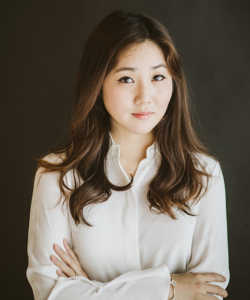
“I need three things to write: snacks, drinks, and silence.” —Frances Cha, author of If I Had Your Face
Jump to navigation Skip to content
Articles from Poet & Writers Magazine include material from the print edition plus exclusive online-only material.

“I need three things to write: snacks, drinks, and silence.” —Frances Cha, author of If I Had Your Face
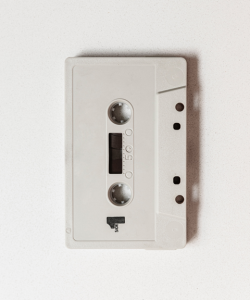
The author of The Prettiest Star explores a variety of archives to help him capture the specific spirit and look of the eighties.
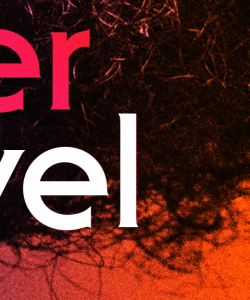
Raven Leilani’s Luster, forthcoming from Farrar, Straus and Giroux on August 4, 2020.
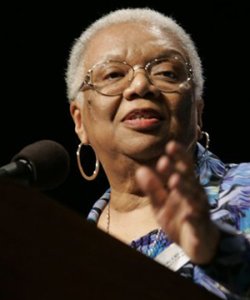
The five poets who make up the Poets at the End of the World collective discuss how they support one another as artists, contribute to social causes, and envision a better, more just future.
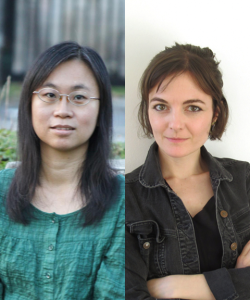
This week’s installment of Ten Questions features Ho Sok Fong and Natascha Bruce, the author and the translator of the story collection Lake Like a Mirror.
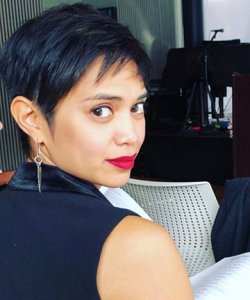
The pandemic has forced teaching writers and their students to move classes online, but that’s far from the only challenge for adjunct professors at colleges and universities across the country.

Carter Sickels recalls the challenges of juggling multiple first-person narrators in his novel The Prettiest Star.
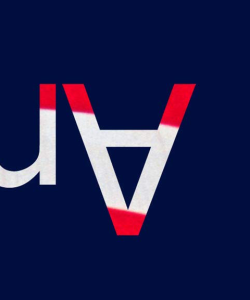
Matthew Baker’s Why Visit America, forthcoming from Henry Holt and Company on August 4, 2020.
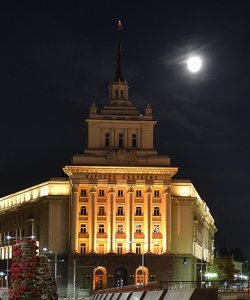
A writer in Sofia, Bulgaria, tracks the coronavirus pandemic through a global network of family and friends.

Jafreen Uddin, the new executive director of the Asian American Writers’ Workshop, discusses her vision for the organization, which has been the de facto home for Asian American writers for nearly thirty years.
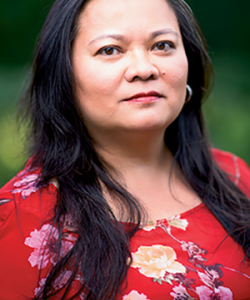
Restless Books creates space for immigrant stories through its annual prize, which awards $10,000 and publication to a first-generation immigrant writer.

The Anderson Center in Minnesota offers the nation’s only residency designed to give Deaf artists time to work alongside one another.
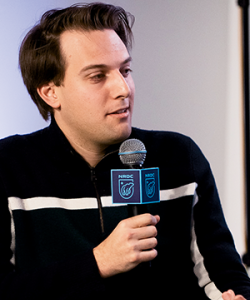
The books editor of Entertainment Weekly discusses how he picks which titles to review and what he thinks books coverage will look like in ten years.
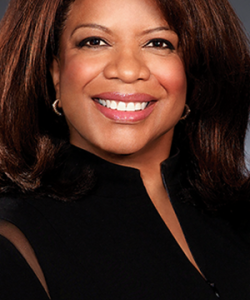
Marlen Suyapa Bodden describes self-publishing her historical novel Arrows of Fire and hiring editorial and publishing professionals during the process. A publisher and a marketer weigh in with additional advice for engaging with readers.
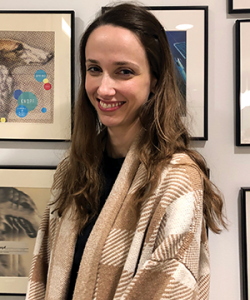
In the latest installment of a yearlong series on publishing professionals, four book marketers explain how they use advertising, social media, and other platforms to boost awareness about their titles.
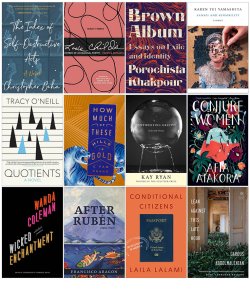
The first lines of a dozen noteworthy books, including Synthesizing Gravity: Selected Prose by Kay Ryan and Conjure Women by Afia Atakora.
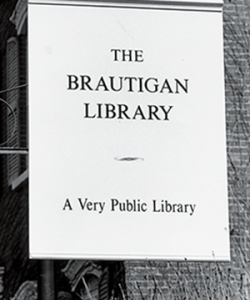
Inspired by a 1971 novel by Richard Brautigan, the Brautigan Library collects unpublished books, creating a fantastic archive of stories unaffected by publishing trends—and a window into the minds and dreams of its contributing writers.

The New York City press annually publishes six to eight books of fiction and nonfiction “by feminists, for everyone.”

The author on the journals that published stories from her collection How to Pronounce Knife.

Siglio Press has released a book on poet Bernadette Mayer’s project Memory, in which she wrote and took photos every day during July 1971, creating a lyrical testament to a moment in a life, intimately conjured yet still inevitably out of reach.
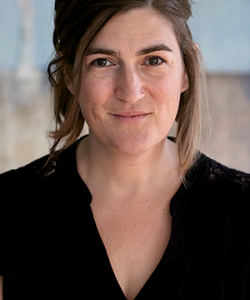
The author of the novel Goodnight Stranger reflects on her writing career and the cultural myths about success, youth, and appearance that women writers must navigate.
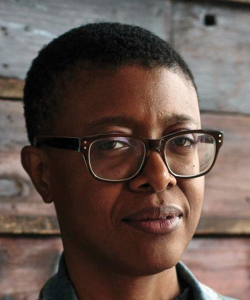
“The biggest challenge for me to accomplish any project is working to keep myself out of the way.” —Krista Franklin, author of Too Much Midnight
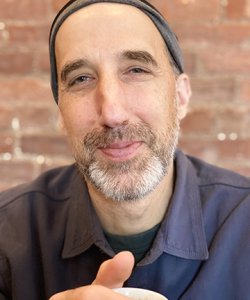
A writer recalls the transportation security officers who inspired his forthcoming novel, In Security.
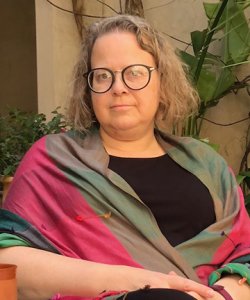
On the occasion of her birthday, a writer finds a new perspective on life’s frailty during the coronavirus pandemic.
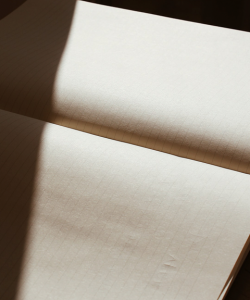
The author of The Prettiest Star recommends keeping a novel-dedicated notebook for ideas, research, and informal experiments.